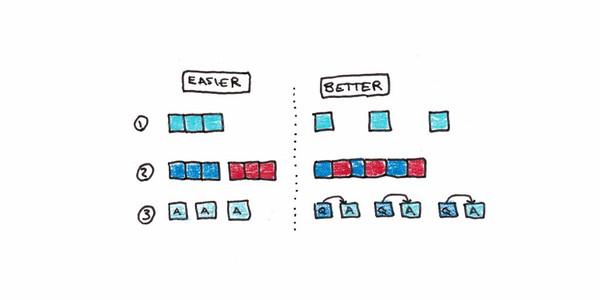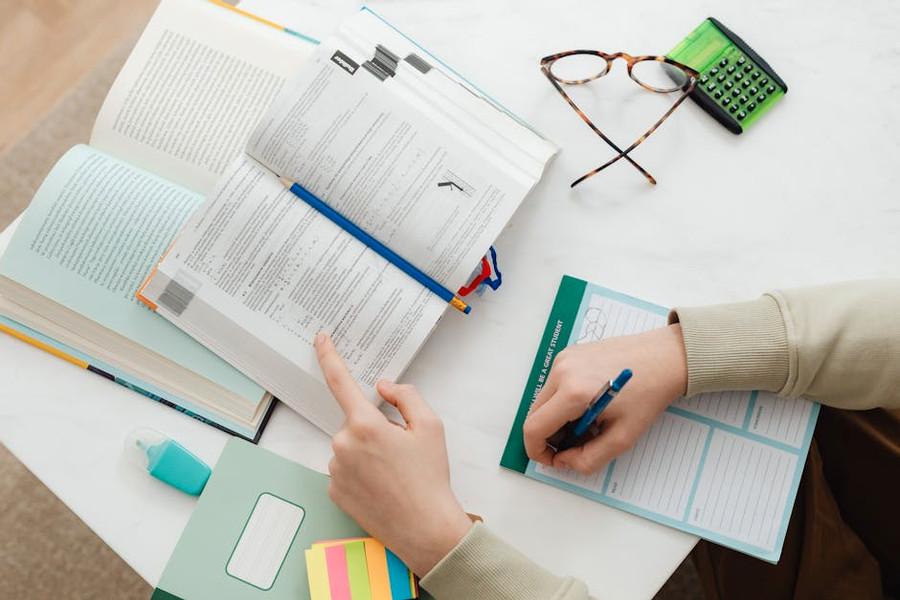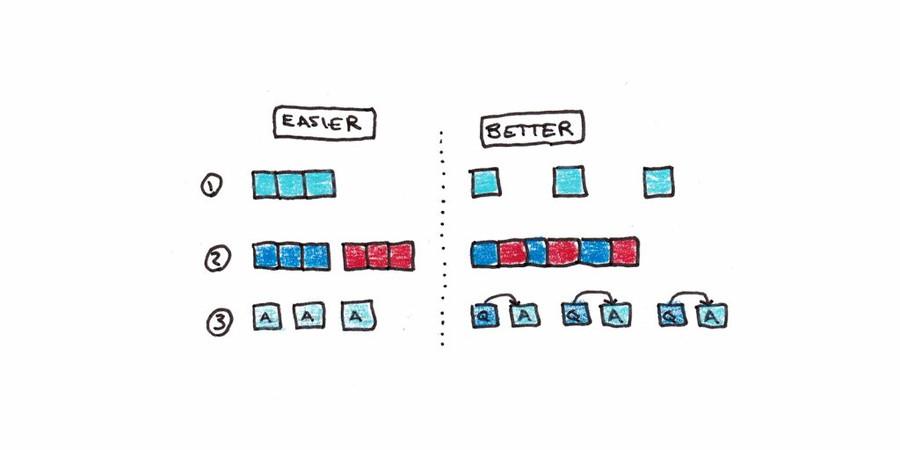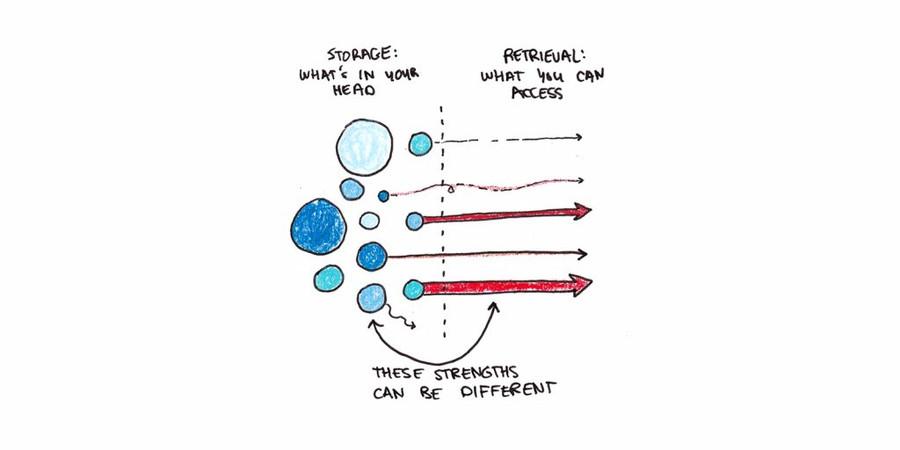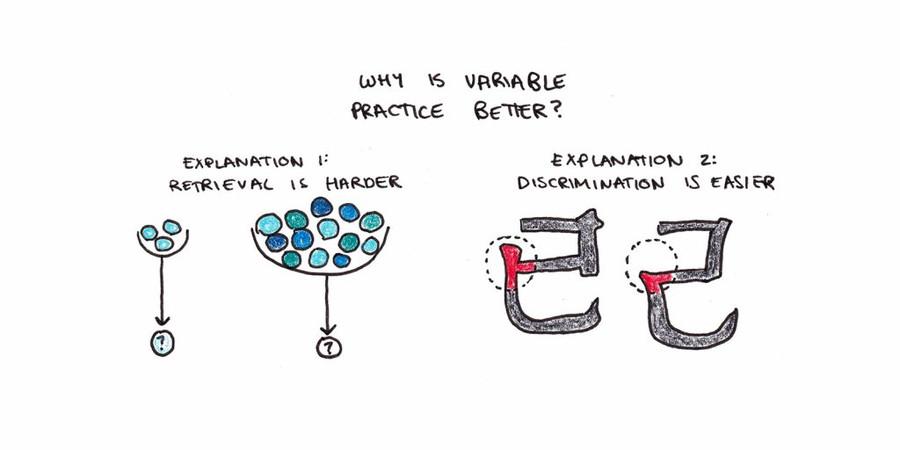Desirable Difficulties: When Harder is Better for Learning - Scott H Young
Curated from: scotthyoung.com
Ideas, facts & insights covering these topics:
7 ideas
·4.07K reads
31
2
Explore the World's Best Ideas
Join today and uncover 100+ curated journeys from 50+ topics. Unlock access to our mobile app with extensive features.
Hill-Climbing
A key strategy for getting better at things is hill-climbing: Try different things, keep doing the things that work, stop doing those that don’t.
The strategy is named because you can envision it as finding the highest spot in a landscape filled with fog. You can’t necessarily see the highest point, but you can always walk uphill.
Most of the time, this approach works fairly well. It likely explains how we get better at many things simply by doing them repeatedly. Where this strategy runs into trouble, however, is when you need to do something worse before you can do it better.
73
814 reads
Getting Worse Before Getting Better
Interestingly, learning itself seems to be one of these situations where we need to do worse before we can do better.
The actions that improve your short-term performance on a task don’t always create much long-term improvement. Since short-term effects are easier to notice, this can create a trap.
Students choose strategies that make them feel like they’re learning the material but fail miserably when the exam comes.
72
660 reads
Desirable Difficulties
Desirable difficulties are actions that appear to work worse in the short-term but work better in the long run.
These include:
Spacing. Practising something ten times in a row vs. ten times spaced out (over hours or days). The latter feels harder but results in more permanent memory.
Variability. Intuition argues for mastering one thing before moving on to the next, but research suggests otherwise. Variable practice tends to result in better retention and transfer than blocked practice.
88
624 reads
Testing Yourself
Should you re-read or do practice questions? Students overwhelmingly favour re-reading as a learning strategy. However, practice testing is one of the most effective learning methods that has been systematically studied, while re-reading is one of the worst.
75
573 reads
We Remember Everything
What we learn is never erased from our minds. Instead, we forget things as our ability to retrieve them becomes weaker through competition with other memories.
Successful access to hard-to-recall memory boosts retrieval strength more than if the memory was easier to access. It’s as if your brain is saying, “Whoa! That was important and I barely remembered it! Better strengthen that connection.” Easy memory access (say because you just immediately learned it or had the answer in front of you) sends the opposite signal, with correspondingly less benefit.
74
537 reads
Mixing Concepts And Ideas
When you mix practice between two similar ideas or concepts, you’re better able to notice the difference between the two.
This discriminative account in favour of variable practice holds true for many problem-solving skills. Math problems are often taught in a blocked fashion. You learn some problem type and do it repeatedly until you’re good at it. Then, you move on to a different type of problem and repeat the same process. The issue with this blocked approach is that it doesn’t let you practice telling apart the different types of problems because, in each case, it’s obvious.
71
425 reads
Not All Difficulties Are Desirable
Cognitive load theory points out that many activities which increase the effort involved in learning tend to result in worse outcomes for typical students. These activities include solving problems you haven’t been taught how to solve, having to split your attention between different sources of information to understand an idea, or having redundant information you need to ignore to get at the answer.
68
438 reads
IDEAS CURATED BY
CURATOR'S NOTE
A Little Difficulty Is A Good Thing
“
Paisley 's ideas are part of this journey:
Learn more about problemsolving with this collection
Cultivating a growth mindset and embracing challenges
Developing adaptive thinking and problem-solving skills
Effective learning frameworks and approaches
Related collections
Similar ideas
8 ideas
Desirable Difficulties: When Harder is Better for Learning
scotthyoung.com
10 ideas
The 10 Essential Strategies for Deeper Learning
scotthyoung.com
4 ideas
No, You Haven't Forgotten Everything - Scott H Young
scotthyoung.com
Read & Learn
20x Faster
without
deepstash
with
deepstash
with
deepstash
Personalized microlearning
—
100+ Learning Journeys
—
Access to 200,000+ ideas
—
Access to the mobile app
—
Unlimited idea saving
—
—
Unlimited history
—
—
Unlimited listening to ideas
—
—
Downloading & offline access
—
—
Supercharge your mind with one idea per day
Enter your email and spend 1 minute every day to learn something new.
I agree to receive email updates
